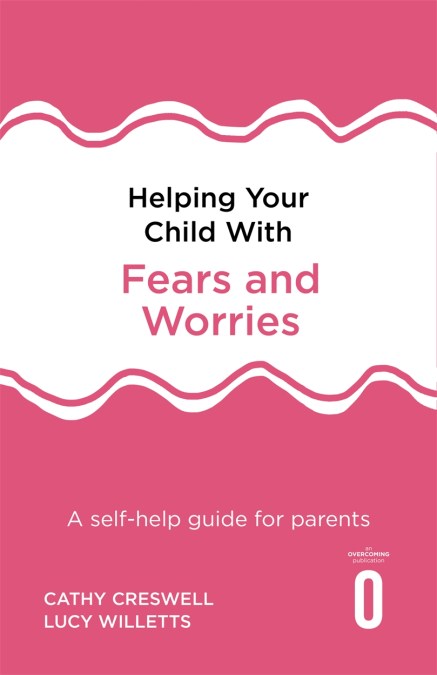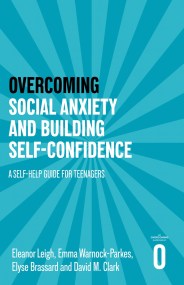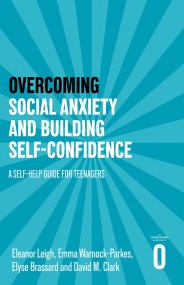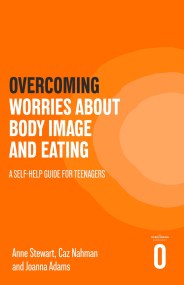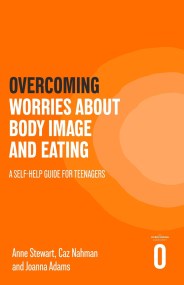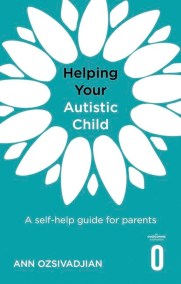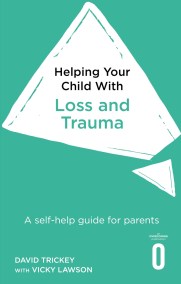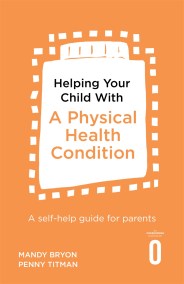PREVIOUSLY PUBLISHED AS OVERCOMING YOUR CHILD’S FEARS AND WORRIES
Does your child suffer from fears and worries that affect their behaviour or keep them awake at night?
Fears and worries are very common among children with around 15% thought to suffer from anxiety disorders; the most commonly identified emotional or behavioural problems among children. However, if left unchecked, they can cause more serious problems such as school avoidance, difficulties in making friends and long-term problems with anxiety and depression.
Written by two of the UK’s foremost experts on childhood anxiety, this extremely useful guide will enable you to understand what is causing your child’s worries and to carry out step-by-step practical strategies to help him or her to overcome them, including:
· Addressing specific fears and phobias as well as general anxiety and ‘worrying’
· Using case studies, worksheets and charts
Helping Your Child is a series for parents and caregivers to support children through developmental difficulties, both psychological and physical. Each guide uses clinically-proven techniques.
Series editors: Professor Peter Cooper and Dr Polly Waite
Does your child suffer from fears and worries that affect their behaviour or keep them awake at night?
Fears and worries are very common among children with around 15% thought to suffer from anxiety disorders; the most commonly identified emotional or behavioural problems among children. However, if left unchecked, they can cause more serious problems such as school avoidance, difficulties in making friends and long-term problems with anxiety and depression.
Written by two of the UK’s foremost experts on childhood anxiety, this extremely useful guide will enable you to understand what is causing your child’s worries and to carry out step-by-step practical strategies to help him or her to overcome them, including:
· Addressing specific fears and phobias as well as general anxiety and ‘worrying’
· Using case studies, worksheets and charts
Helping Your Child is a series for parents and caregivers to support children through developmental difficulties, both psychological and physical. Each guide uses clinically-proven techniques.
Series editors: Professor Peter Cooper and Dr Polly Waite
Newsletter Signup
By clicking ‘Sign Up,’ I acknowledge that I have read and agree to Hachette Book Group’s Privacy Policy and Terms of Use

